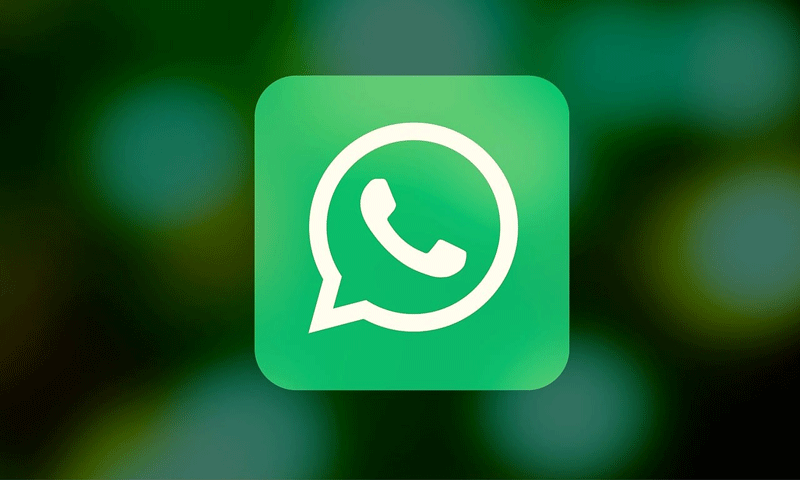In the age of digital communication, platforms like WhatsApp have become the psychology of blocking someone on whatsapp to our daily lives, shaping the way we connect with others. However, the advent of features like blocking has introduced new dynamics to interpersonal relationships. Blocking someone on WhatsApp is a decision that carries psychological implications, reflecting complex emotions, conflicts, and coping mechanisms. In this article, we’ll explore the psychology behind blocking someone on WhatsApp, shedding light on the various factors that contribute to this digital act.
Psychology of blocking someone on whatsapp
- Control and Boundaries
- Conflict Avoidance
- Emotional Regulation
- Perceived Threats and Safety
Control and Boundaries
Blocking someone on WhatsApp is often driven by a desire for control and the establishment of personal boundaries. In the digital realm, where communication is instant and continuous, individuals may feel overwhelmed by the constant influx of messages. Blocking can serve as a tool to regain control over one’s virtual space, allowing for a sense of autonomy in managing social interactions. For more informative blogs visit Place Do
By blocking someone, individuals assert their right to set boundaries, signaling that certain behaviors or communication styles are unwelcome. This act reflects a need for self-preservation and protection of one’s mental well-being, as individuals navigate the delicate balance between social connection and personal space.
Conflict Avoidance
Blocking on WhatsApp can also be a manifestation of conflict avoidance. When interpersonal tensions escalate, some individuals may choose to block others as a way to escape confrontation or uncomfortable discussions. This avoidance strategy is rooted in a desire to sidestep potential arguments, maintain emotional well-being, and avoid the stress associated with unresolved conflicts.
However, it’s crucial to recognize that blocking doesn’t necessarily resolve the underlying issues; instead, it postpones addressing them. Understanding this aspect of conflict avoidance is essential for fostering healthier communication patterns and addressing conflicts directly, rather than resorting to digital disconnection.
Emotional Regulation
The decision to block someone often stems from the need for emotional regulation. When faced with emotionally charged interactions or distressing content, individuals may opt to block to protect themselves from further emotional turmoil. Blocking becomes a coping mechanism, allowing individuals to create a buffer zone against negativity and unwanted emotions.
By actively choosing to block, individuals exercise a degree of emotional self-care, prioritizing their mental health and well-being. However, it is crucial to distinguish between healthy emotional regulation and avoidance, as a reliance on blocking to escape all emotional discomfort may hinder personal growth and resilience. psychology of blocking someone on whatsapp
Perceived Threats and Safety
In certain instances, blocking on WhatsApp may be prompted by perceived threats or concerns for personal safety. Whether it’s a former friend turned stalker or an unhealthy relationship, blocking serves as a digital barricade against potential harm. This defensive move is driven by a primal instinct for self-preservation, as individuals strive to create a safe online environment.
While blocking can be a valid response to genuine threats, it’s essential to assess the situation accurately and seek additional support if needed. Collaborating with law enforcement, friends, or mental health professionals may provide a more comprehensive approach to addressing safety concerns.
Conclusion
Blocking someone on WhatsApp is a multifaceted decision, influenced by a combination of control, boundaries, conflict avoidance, emotional regulation, and safety concerns. Understanding the psychology behind this digital act allows us to navigate online relationships more consciously, fostering healthier communication and interpersonal dynamics.
As digital communication continues to evolve, exploring the nuances of behaviors like blocking provides valuable insights into the intricate interplay between technology and human psychology. Ultimately, by acknowledging the psychological motivations behind blocking, individuals can make more informed decisions about their online interactions, psychology of blocking someone on whatsapp to a more empathetic and connected digital landscape.




